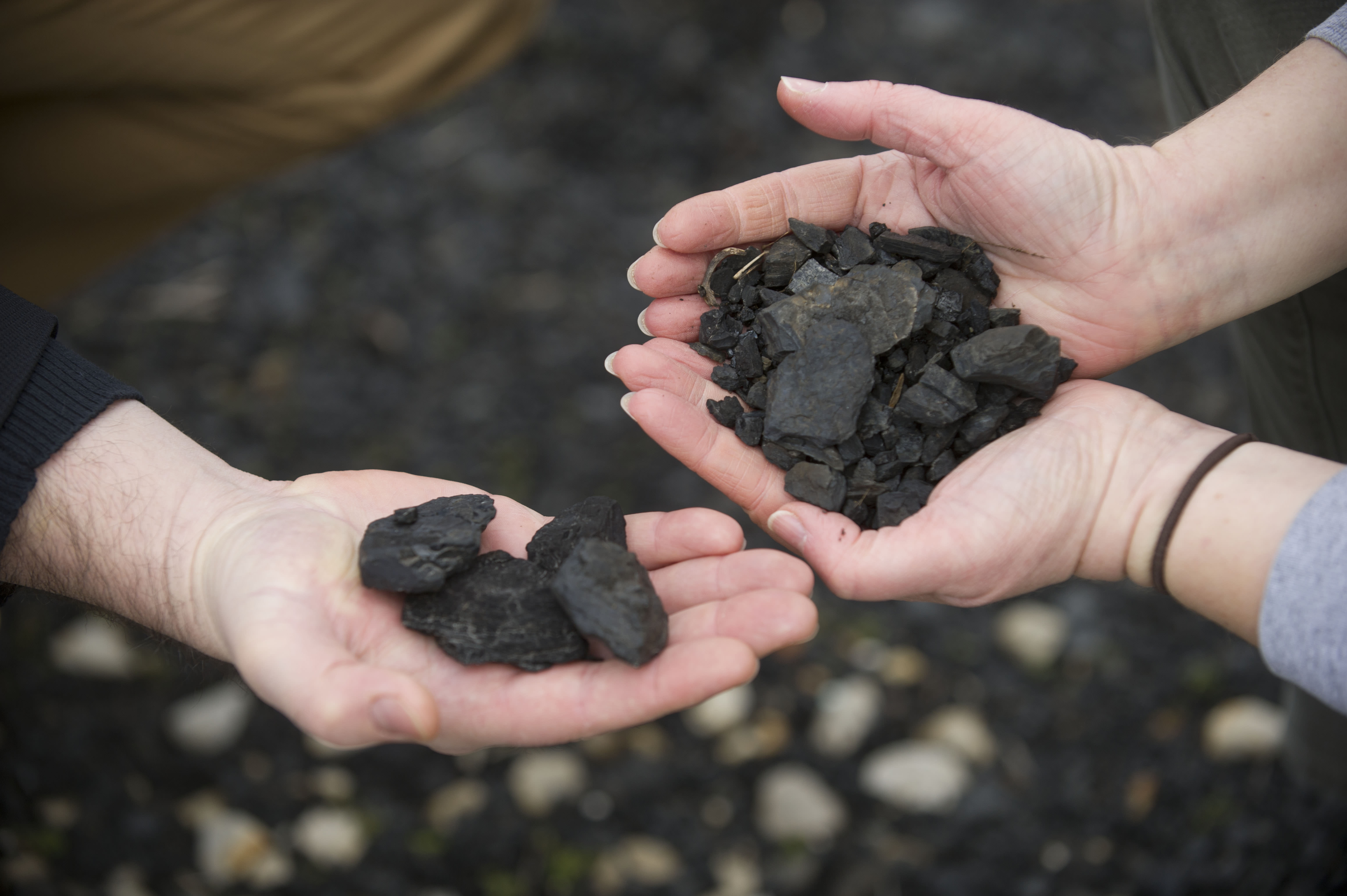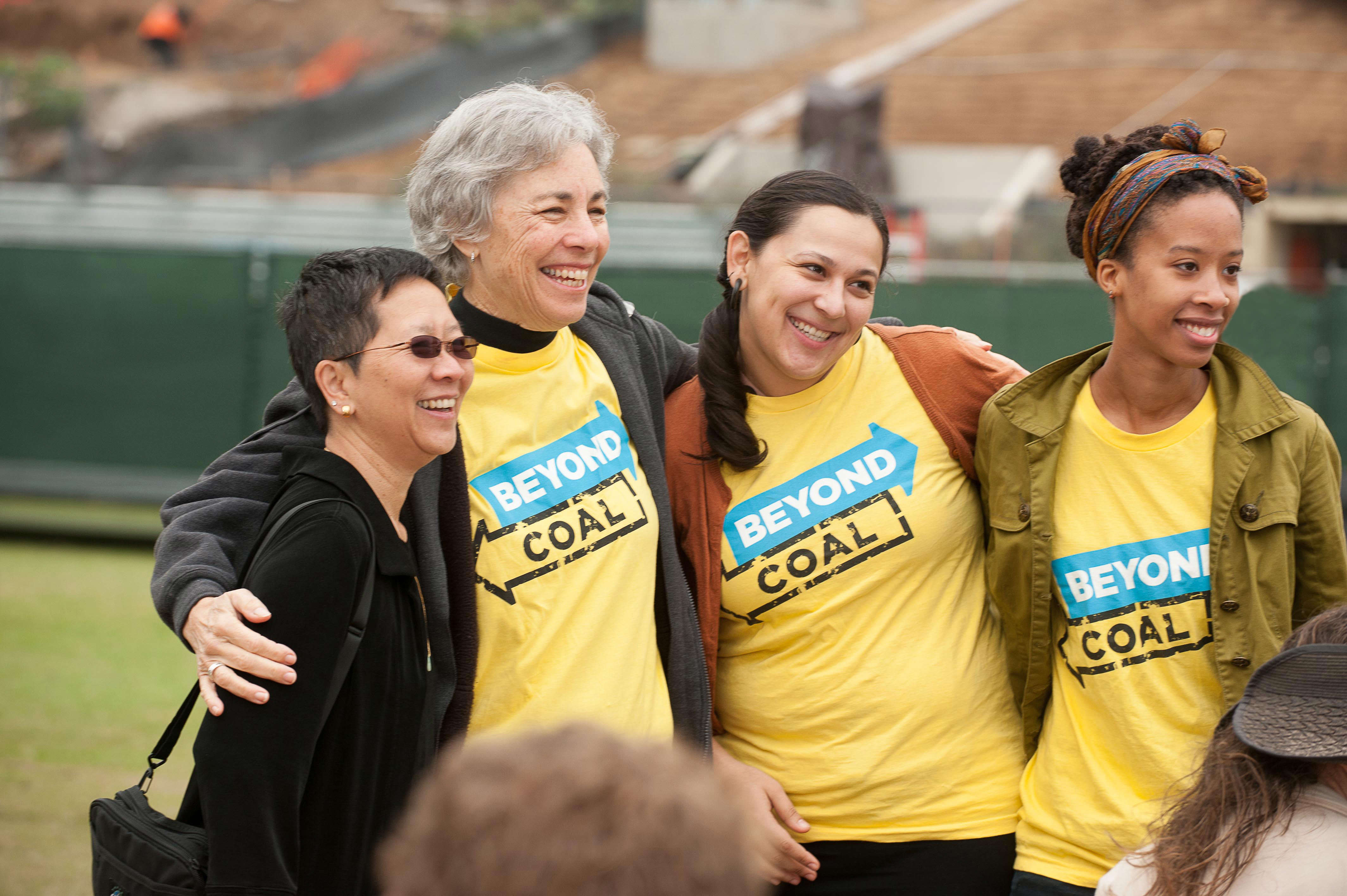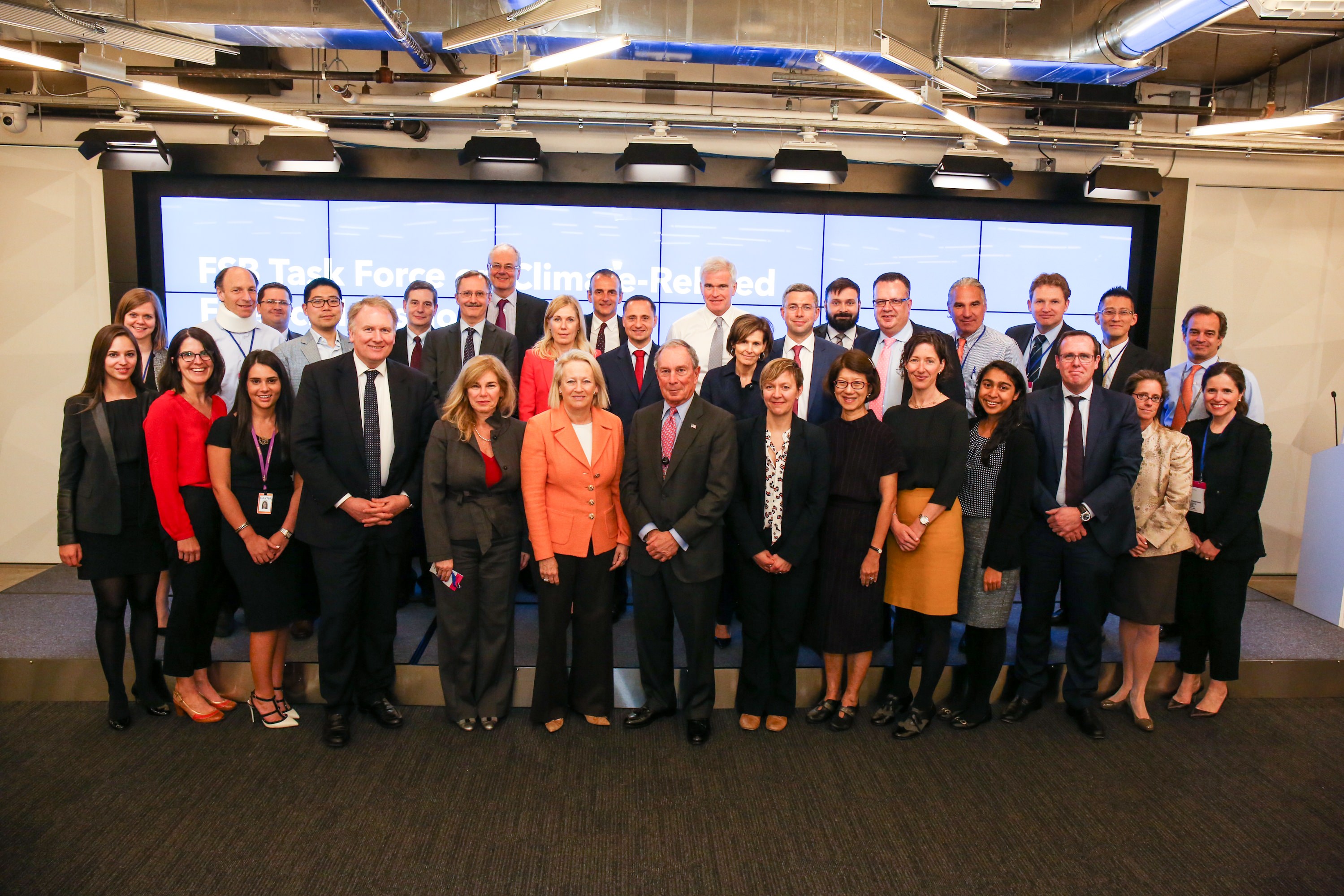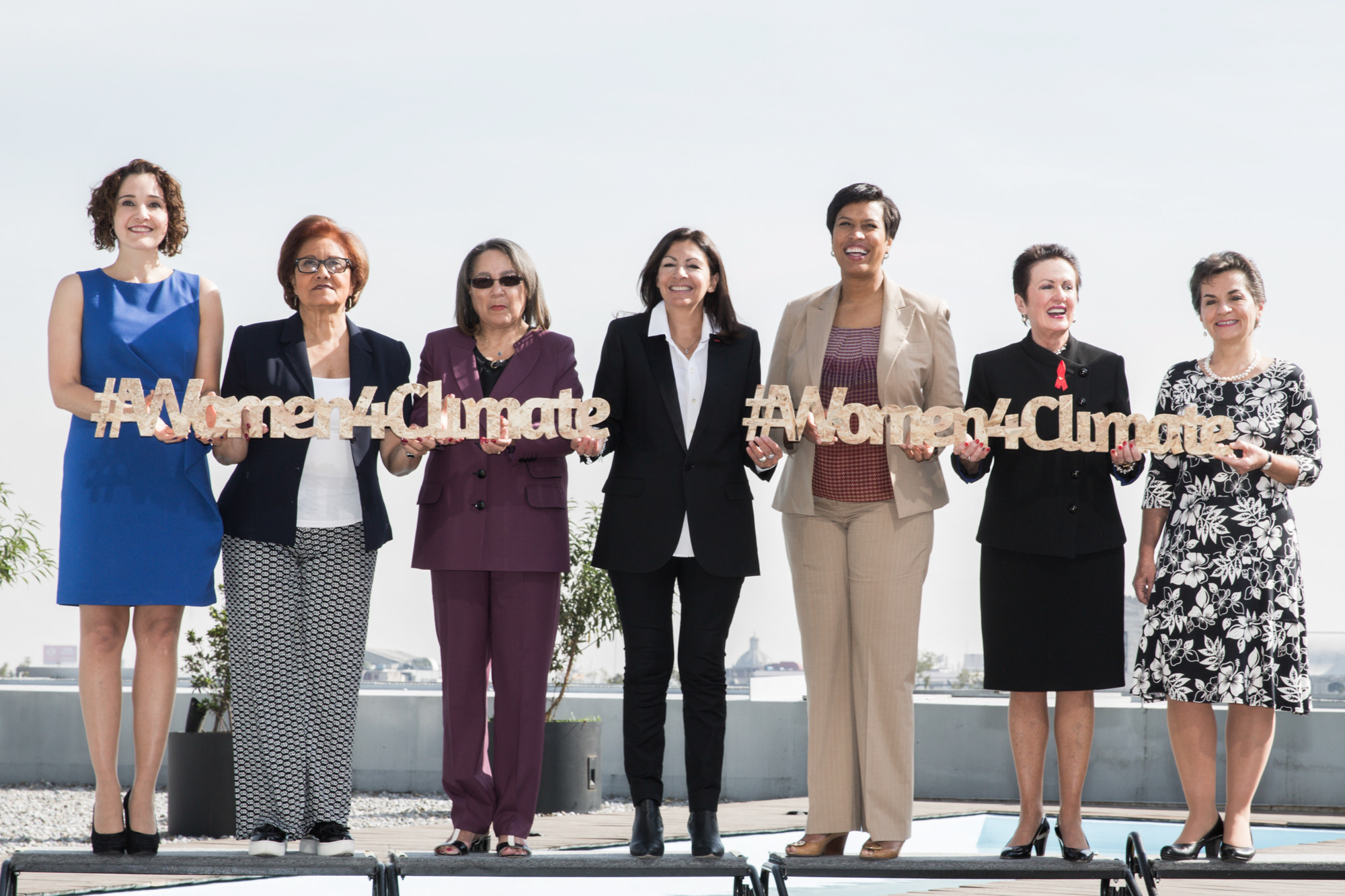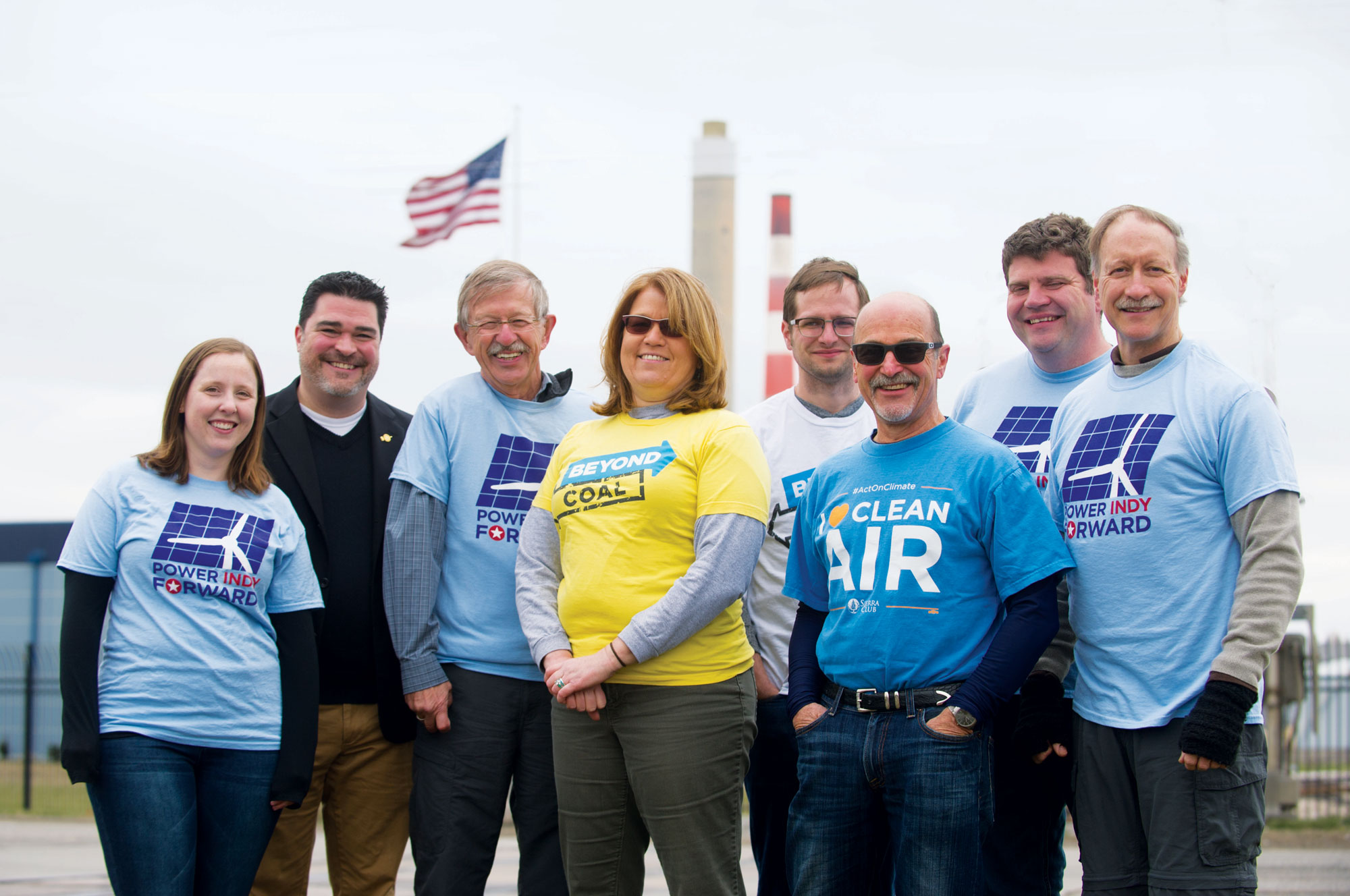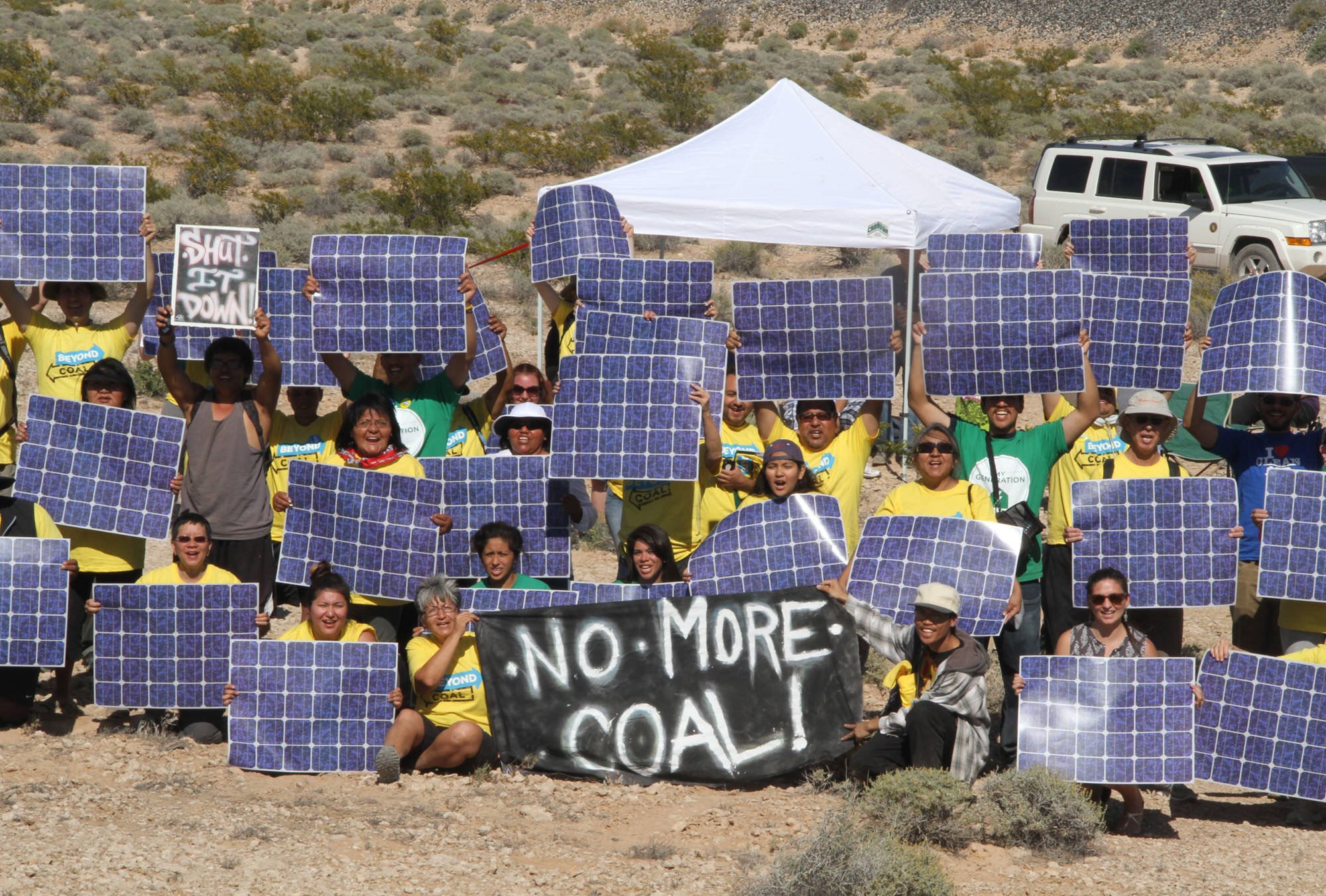Bloomberg Philanthropies’ Clean Energy Initiative helps communities transition beyond coal to clean, affordable energy that will reduce air pollution, improve public health, combat climate change, and drive economic growth well into the future.
By funding technical support, advocacy, and research, the Clean Energy Initiative helps U.S. states transition to clean, renewable energy options in an effort to combat air pollution and curb climate change.
Since 2010, Beyond Coal, a Bloomberg Philanthropies–backed campaign led by the Sierra Club, has helped close more than 250 U.S. coal-fired power plants out of 523 throughout the United States. The reduction in carbon dioxide emissions from closing these plants is equivalent to taking more than 100 million cars off American roads; the United States now leads the world in reducing greenhouse gas emissions.
250+
coal plants retired through Beyond Coal
Climate change poses serious risks to the global economy, including coastal storms that damage property and severe droughts that decimate crops and disrupt supply chains. But planning for and responding to these uncertainties are held back by a lack of reliable data. Many businesses do not have the tools to measure and report the specific risks they face. When they do, the information they share is not standardized across industries, thus investors have no way to assess companies’ vulnerability to climate change or track which are taking action to protect their business interests.
In response, Bloomberg Philanthropies is leading a global movement to improve data on the financial risks of climate change.
In 2016, Mike Bloomberg became chair of the international Task Force on Climate-related Financial Disclosures. After a year of research, the group developed a framework to help businesses and investors assess climate-related risks and opportunities. At the same time, the Sustainability Accounting Standards Board, which Mike Bloomberg also chairs, aims to standardize sustainability reporting in the United States.
Together these efforts are helping to paint a clearer picture of the economic risks of climate change and mobilize business and government leaders to address them.
“Sustainable cities are critical to reducing greenhouse gas emissions and meeting the economic and social needs of people worldwide”
Ban Ki-moon
Secretary-General (2007–2017) United Nations
Around the world, cities are leading the fight against climate change. Bloomberg Philanthropies supports the C40 Cities Climate Leadership Group, a global network of megacities, to help mayors reduce greenhouse gas emissions and improve their cities’ resiliency in a changing climate. Hosted in Mexico City, the 2016 C40 awards highlighted communities that have launched innovative solutions to adapt to the effects of climate change and to combat its causes. The winning cities showcased proven, replicable ideas such as a new light rail system in Addis Ababa, Ethiopia—the first of its kind in Sub-Saharan Africa.
Also in 2016, the European Commission’s Covenant of Mayors merged with the Compact of Mayors, launched by Bloomberg Philanthropies with then-UN Secretary-General Ban Ki-moon, to form the Global Covenant of Mayors for Climate & Energy. This new global coalition of cities fighting climate change builds on the commitments of more than 7,400 cities in 121 countries and on six continents, representing more than 670 million inhabitants—more than 9% of the world’s population
670 million
people living in cities fighting climate change
One billion people rely on fish as a primary source of protein in their diet. As the world’s population continues to grow, the demand for fish is projected to rise by more than 20% by 2030. Today, the global fish population is already facing major declines due to overfishing. Since 2014, Bloomberg Philanthropies has worked with Oceana, Rare, and Encourage Capital to restore fish populations around the world by helping to pass laws, protect habitats, and invest in sustainable fishing infrastructure. This effort assists communities in Brazil, Chile, and the Philippines to sustainably manage their fisheries and enhance food security. Lessons learned in these countries will help to solve the global overfishing problem. Vibrant Oceans’ unique approach to fishery reform has the potential to be scaled to other parts of the world and to substantially change the way coastal communities and the fishing industry act as stewards for this natural resource.
Central to the health of ocean-dwelling fish populations are coral reefs, which host one in four fish during their lifetime. With 90% of reefs expected to die off due to climate change by 2050, coral reefs—and the many species they support—are at risk of collapse. Bloomberg Philanthropies is meeting this challenge and advancing the health of oceans by gathering scientists and conservationists in a new effort called 50 Reefs. Their mission is to identify not only which reefs across the world have the greatest biodiversity, but also to distinguish which reefs are most likely to be resilient in the face of climate change. After a list of 50 of these reefs is compiled, the coalition will lead a global awareness campaign on how best to save them.
“Coal played a significant part in Indiana’s history—but is no longer our future. From Indianapolis to Evansville to Fort Wayne, we are building a movement toward renewable energy.”
Jodi Perras
Campaign Manager, Indiana, Michigan and Kentucky Beyond Coal
Harding Street power plant
February 25, 2016
Indianapolis Indiana
After years of work by community members and the talented attorneys, grassroots organizers, and communications professionals of the Beyond Coal campaign, the Harding Street coal-fired power plant in southwest Indianapolis finally stopped billowing plumes of toxic contaminants into the air. The plant had been the county’s biggest source of air pollution. February 25, 2016, marked the first day in 85 years that coal was not being used to generate power for the community.
This Indianapolis plant is only one of more than 250 coal-fired power plants that have been retired or have plans to do so since the Beyond Coal campaign began. Despite opposition from entrenched political interests, the retirement of the Harding Street power plant has helped spur additional coal retirement discussions across the region in areas with some of the highest levels of toxic releases and carbon emissions in the country.
Top photo: Volunteers in Nevada are organizing grassroots efforts to support the closure of coal-fired power plants as part of the Beyond Coal campaign. Credit: Sierra Club
